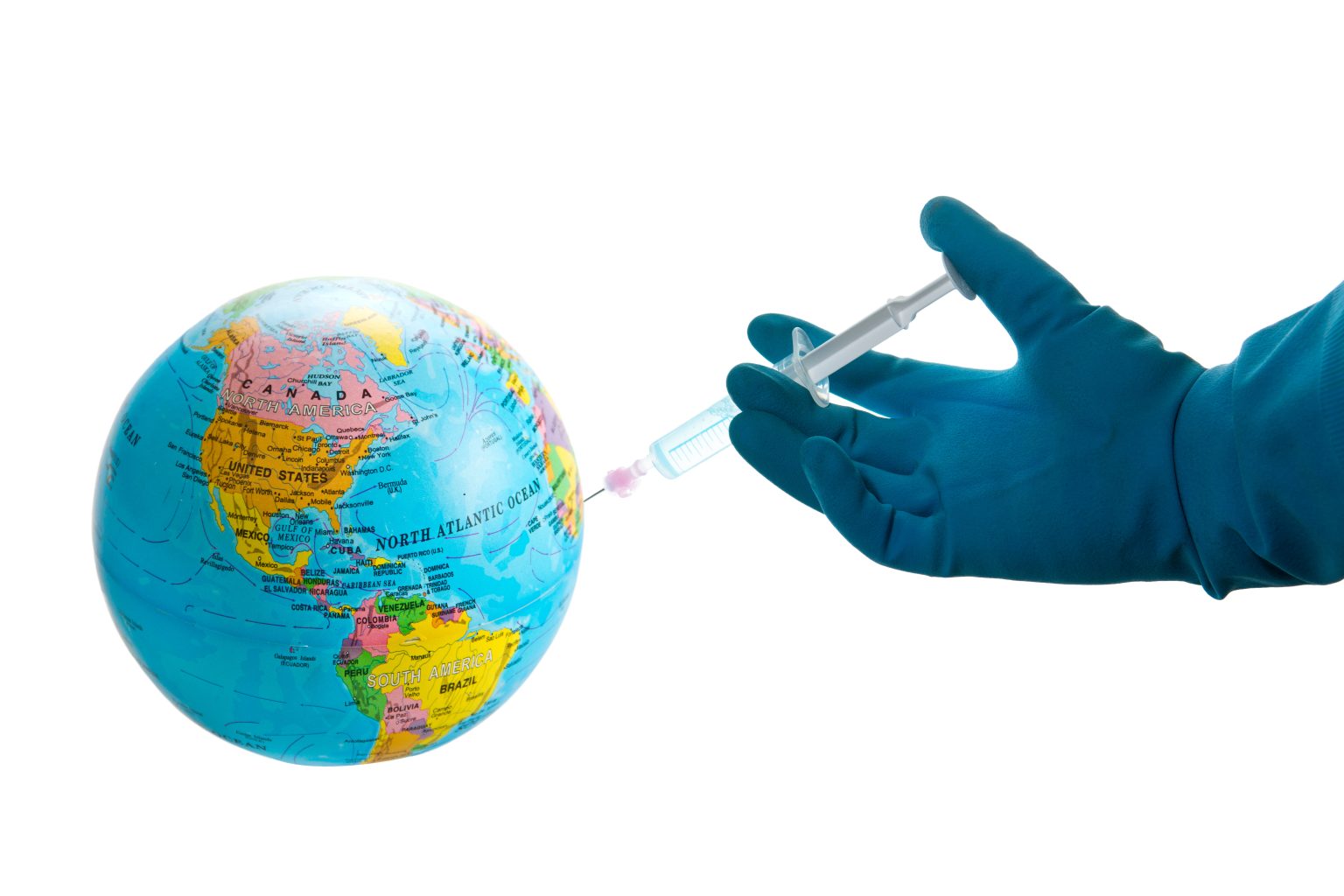The 2023-24 GYA Sasha Kagansky Interdisciplinary Grant has been awarded to Mohammad Hosseini (Northwestern University, USA), Muhammad Zaffar Hashmi (University of Lahore, Pakistan), Leila Niamir (International Institute for Applied Systems Analysis, Austria), Estrella Díaz Sanchez (University of Castilla-La Mancha, Spain) and Sandra López-Vergèz (Gorgas Memorial Institute for Health Studies, Panama) for their project:
An interdisciplinary database of ethics dumping cases
With an increase in global and multinational research collaborations over the last decades, research groups have adopted different strategies to minimize costs or speed up the research process. One such strategy is to outsource specific parts of their research to low- and middle-income countries (LMICs) to exploit weaker regulatory systems or limited oversight in these countries. This practice is called ethics dumping and facilitates research that would otherwise be heavily scrutinized or not be allowed in high income countries. More importantly, however, ethics dumping disproportionately affects vulnerable populations and erodes trust in science.
Read more about project objectives here.
About the GYA Sasha Kagansky Interdisciplinary Grant
The GYA includes a diverse membership of scientists and scholars, in many disciplines, based in low/middle-income countries and high-income countries. This grant scheme was initiated in 2014, aiming to foster collaboration across the lines that often separate researchers and limit possibilities. Specifically, this scheme facilitates the development of small-scale, innovative, curiosity-driven, blue-sky, exploratory research pilots or prototypes that unite researchers in low and middle-income countries and high-income countries and cross disciplinary boundaries. The Sasha Kagansky Interdisciplinary Grant, awarded annually, was re-named in 2021 in honor of late GYA member Alexander (Sasha) Kagansky.
Current and past GYA Interdisciplinary Grant projects:
2023/24: An interdisciplinary database of ethics dumping cases
2022/23: Tracking Technology and Mealtime Conversations in Families
2021/22: Young Researchers and the COVID-19 Pandemic
2020/21: The COVID-19 pandemic and art
2019/20: Citizen Science for Reducing Exposure to Urban Air Pollution
2018/19: Can Digital Storytelling be used as a Tool for Countering Language Endangerment?
2017/18: Biochar for food security and sustainable ecosystem services
2016: Ethics in environmental decision-making: From individual acts to global outcomes
2015/16: Connecting epigenetics and natural resources
2014/15: One-dimensional molecular current wires using tailored-to-the-purpose chemistry
